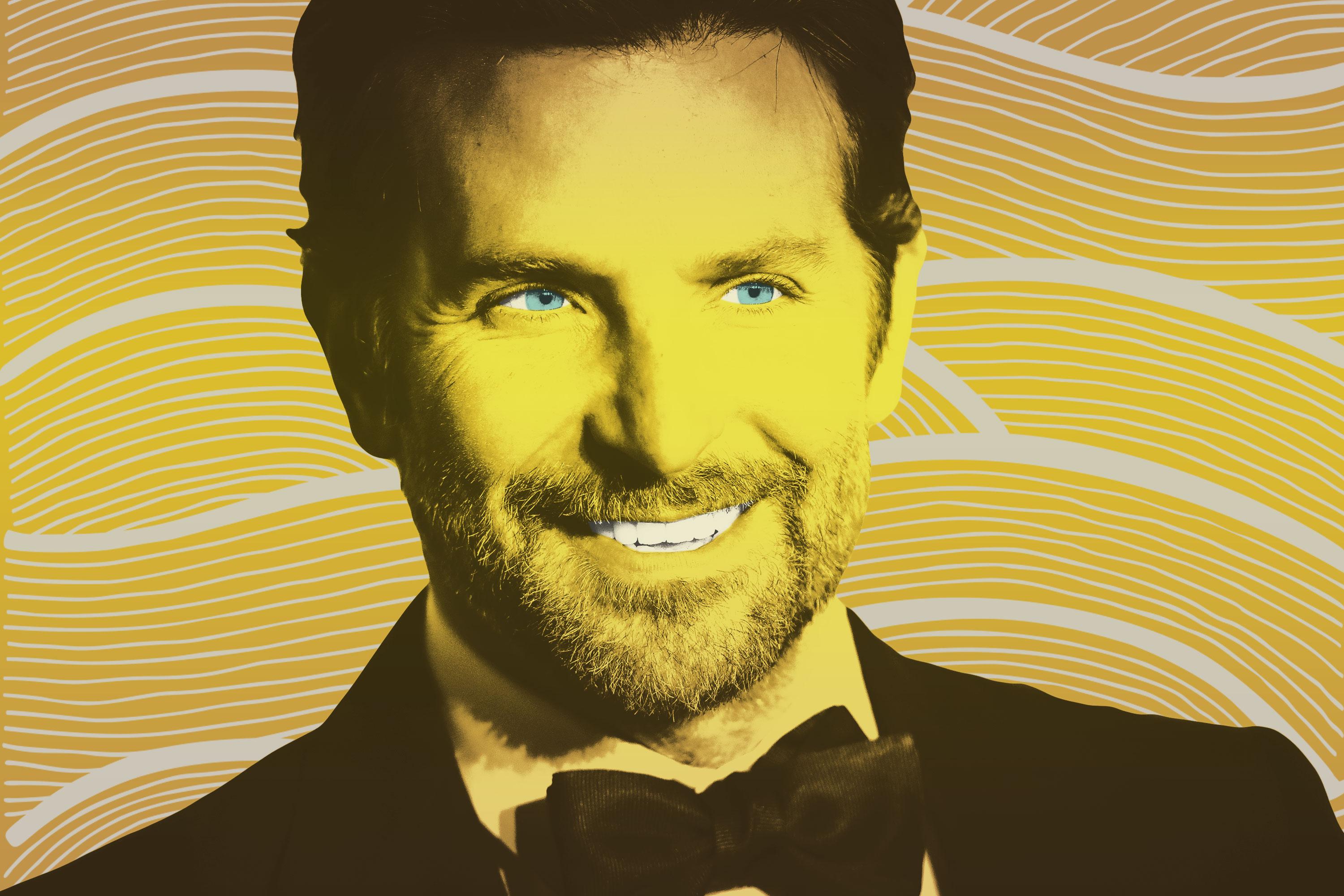
No one at The Ringer holds an Oscar vote, but we hold lots of opinions. Every day ahead of the 91st Academy Awards on February 24, one of us will share those opinions about who or what ought to win a little golden man. And since we so rarely get what we want at the Oscars, let our “Make the Case” series stand as the official record on the matter.
The Oscars just love to reward a transformation. Think of Charlize Theron’s win in 2004 for Monster; Heath Ledger’s posthumous Oscar for The Dark Knight in 2009; Gary Oldman winning last year for The Darkest Hour; or literally any of Daniel Day-Lewis’s three wins. Naturally, then, this year’s Best Actor award has become something of a two-person race between performances that—at least from the Academy’s purview—are highlighted by the great lengths each actor went to embody their respective roles. Christian Bale—Hollywood’s leading chameleon since he lost 62 pounds for 2004’s The Machinist—got big and bald to play Dick Cheney for Adam McKay’s biopic Vice, while Rami Malek put on prosthetic teeth and an effete English accent to become Queen’s Freddie Mercury.
There’s nothing wrong with rewarding a showy role elevated by a tremendous actor and his stunning physical transformation. But in the history of the Oscars, this kind of fawning has often overshadowed appreciation for subtler, quieter performances, like when Sandra Bullock’s performance in The Blind Side won over Carey Mulligan in An Education in 2010. On Sunday night, we’re probably headed toward a similar outcome.
The 2018 version of A Star Is Born is a marvel that must be seen to be believed—as this site has covered laboriously, the trailer and the promotional run-up to its release was so bizarre and beguiling that the film looked like it was scientifically manufactured for meme potential. And while the memes did indeed flourish, A Star Is Born was a legitimately great movie, buoyed by a star turn from Lady Gaga, who successfully embodied an anonymous artist waiting for her big break—despite the fact she is Lady Gaga. And yet hers is not the most shocking transformation of the movie, because Bradley Cooper became a living, breathing, bearded, booze-soaked rock star.
Because Cooper is its costar, director, writer, and producer, A Star Is Born is the most personal and taxing project of his career—the definition of a big swing. The movie’s success required Gaga, a relatively inexperienced actress, to bring her A-game, which she emphatically did. But more than anything, Cooper needed to go beyond playing a rock star. He had to become Jackson Maine. When A Star Is Born opens with Jackson Maine on stage, downing several pills with a mixed drink, waving to a frenzied crowd, and performing one of his band’s signature hits, “Black Eyes,” you’re immediately entranced. Cooper imbues Maine with an intense, palpable energy—it’s immediately clear he’s someone whose stardom is destined to burn out in heartbreaking fashion, a victim of self-destruction.
The aura around Maine remains intoxicating, to the extent that the first hour of the film feels like a dream, as he and Gaga’s Ally lock eyes, touch noses, and fall in love. Even while Maine’s vices are completely in the foreground—he’s drunk the first time he meets Ally, and drunker still when she goes on tour with him—Cooper makes the character’s grizzled presence charming.
And man, that voice. According to Cooper, his gravelly, whiskey-throated tenor was inspired by Sam Elliott, who plays his character’s older brother, and required total commitment. While he performed the director portion of his duties for the film, Cooper reportedly maintained Maine’s voice, despite the fact it was, by all accounts, extremely painful to drop his voice an entire octave. That pain comes through—as does Maine’s tinnitus, with Cooper sprinkling in moments when he leans closer to someone to hear what they’re saying. Maine has lived a hard life, perhaps feeling he never deserved to live a better one, and Cooper communicates all of that, most of the time without saying a word.
As Maine continues his downward spiral, unable and unwilling to separate himself from the hard-living persona he’s embraced on stage, A Star Is Born reaches its devastating conclusion—the crux of all four iterations of this historic Hollywood tale. Among the many qualities that make this version of A Star Is Born so powerful and memorable—the songs, Ally’s rise to stardom, a misty-eyed Sam Elliott backing out of a driveway—there’s one thing that resonates in my mind: At what point did Bradley Cooper end, and Jackson Maine begin?
Perhaps the weirdest part of the Star Is Born awards-season experience has been watching Cooper in the first stage of his post-Maine life. He has done the requisite, exhaustive promotion for the film, but there’s something that’s just off. Stopping by The Graham Norton Show in September with his costar, Cooper looked completely, bizarrely emotionless as Gaga recounted the first time she found out that he could actually sing. It’s like someone forgot to recharge the man’s batteries. It’s clear that A Star Is Born, which Cooper spent years toiling over, took a considerable toll on him. I’m sure he’ll be fine, probably just in time to watch the Philadelphia Eagles and make a movie about Leonard Bernstein. But it likely doesn’t help that A Star Is Born went from a seemingly predestined Oscars powerhouse to a film that should consider itself lucky to win any trophies outside of Best Original Song. The strange, sad awards-season fall of A Star Is Born has been documented fastidiously, and nobody has beared the brunt of it more than Cooper. He didn’t get nominated for Best Director—in a year when Peter Farrelly of Dumb and Dumber and Shallow Hal fame got a nod for Green Book—and though he was nominated for Best Actor, Malek and Bale have the best odds of winning the Oscar. Cooper told Oprah Winfrey that he was “embarrassed” by the Best Director snub, a crushing admission from someone who so clearly bared his heart and soul for the project—and barring a minor miracle Sunday night, he won’t get the recognition he deserves in the acting category, either.
The Academy has consistently shot itself in the foot ahead of this year’s ceremony, unable to stand firm on a host, the decision to install a “popular film” category, or whether certain awards should be presented during breaks in the telecast. It’s subjected itself to a lot of wrongs this awards season, but it can get at least one thing right Sunday: Give Bradley Cooper the Oscar. He had the most genuinely transformative, moving, compelling performance of the year, one we’ll still talk about in five, 10, 20 years. We won’t soon forget when Bradley Cooper was Jackson Maine; when he was a rock star in his own right.

